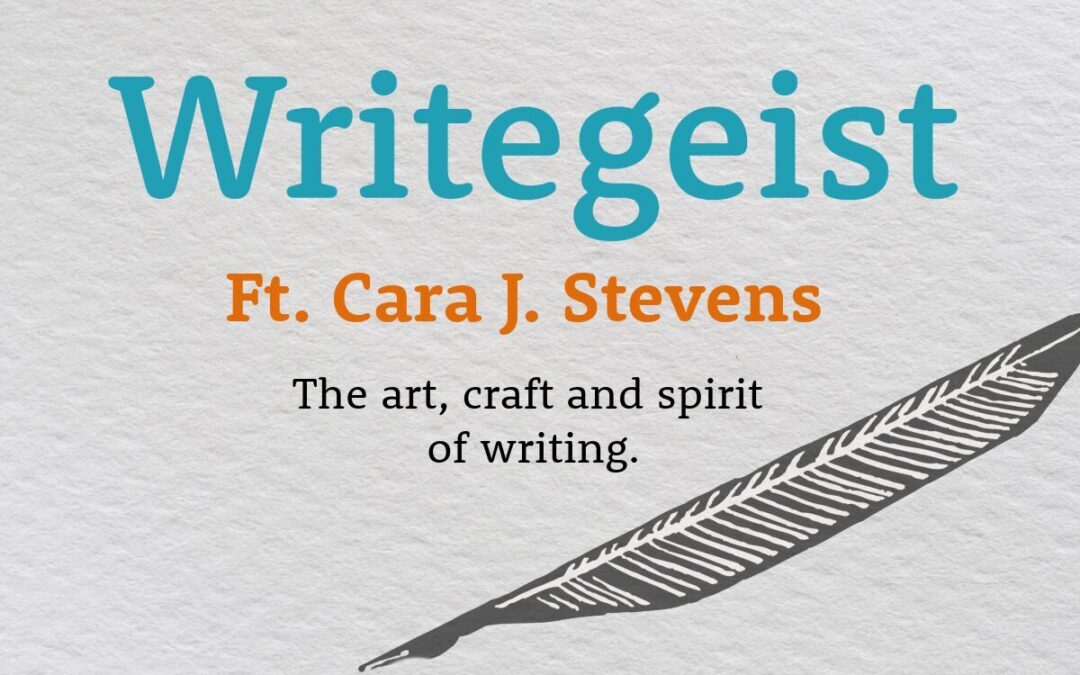How writing what you know can make you a thought leader
If you’ve ever thought about writing a self-published book, you’re probably already full of ideas—whether it’s sharing insights from your industry, offering advice, or telling a personal story. But have you ever considered writing a thought leadership book? You don’t need to have decades of experience or feel like a certified “expert” to begin. In fact, you only need to know 10% more than your audience to guide them and offer value.
For many people in their 20s and 30s, the idea of being a “teacher” through writing can feel intimidating. It’s easy to think, “What do I know that’s worth sharing?” But here’s the thing: thought leadership isn’t about having all the answers—it’s about offering your perspective and guiding others who are just a few steps behind you on the journey. Most people who read a thought leadership book aren’t looking for perfection; they’re looking for support, guidance, and reassurance that they aren’t alone.
Writing a thought leadership book can be a powerful way to:
- Boost your career and job prospects
- Build your personal brand and reputation
- Help others by sharing your journey
- Create a potential new revenue stream
Let’s break this down into how you can get started and why writing a thought leadership book could be one of the best decisions you make.
- Figure Out What You Already Know
Start by thinking about what you know that others might not. You don’t have to be the top expert in the field to offer valuable insights. If you’ve spent time in any industry or life experience, you already have lessons and advice to share. Remember, you only need to know a little more than your audience to provide meaningful guidance.
Here’s a quick exercise: write down five things you’ve learned in your career or personal life that could help someone just starting out. Maybe you’ve learned how to navigate a tricky job market, how to manage remote work, or how to balance side projects with a full-time job. Or perhaps you’ve mastered crocheting for left-handed people, started a side-business selling vintage clothes at farmers’ markets, or know a city inside and out and could create an insider’s guide for travelers. These are all topics that others would find valuable.
2. Identify Your Target Audience
Once you have an idea of what you know, think about who would benefit most from your insights. Are you speaking to college grads entering the workforce? Young professionals looking to switch industries? Entrepreneurs trying to launch their first business? Your target audience doesn’t have to be huge, but it does need to be clear. Defining your audience will help shape your message and keep your book focused on what they need most.
Pro tip: Your audience will likely be dealing with many of the same challenges you’ve faced, so think about the common struggles you’ve overcome. What did you wish you knew when you were in their shoes?
3. Understand Your WHY
When it comes to writing any book—especially a thought leadership book—there are two reasons to keep in mind: your internal why and the external why.
Internal WHY: This is the reason you want to write the book. Maybe it’s to solidify your place in your industry or to share lessons you’ve learned along the way. Your internal why gives you the motivation to keep writing, even when it feels tough.
External WHY: Once the book is out in the world, your audience becomes the focus. The external why is what’s in it for them. Why should they care? What value are they getting from reading your book? Understanding your audience’s needs and addressing them directly is key to writing a book that resonates.
4. Build Your Personal Brand and Reputation
A thought leadership book isn’t just about sharing knowledge—it’s about positioning yourself as a trusted voice in your field. When you write a book, you’re telling the world that you have something important to say. It boosts your personal brand, sets you apart from others in your industry, and shows potential employers or clients that you’re not just following trends—you’re creating them.
Writing a book can also open doors for speaking engagements, media interviews, and collaborations. Plus, the credibility of being a published author can give you an edge when you’re looking for new job opportunities or pitching to clients.
5. Help Others While Helping Yourself
One of the most rewarding aspects of writing a thought leadership book is the opportunity to help others. Your experiences, lessons, and insights can serve as a guide for those who are just starting out. You don’t have to be the top expert in your field to make a difference. By sharing your unique perspective, you can make the path easier for those who are coming up behind you.
And as an added bonus, writing a book can also create new income streams. Whether it’s through book sales, coaching, consulting, or speaking engagements, your thought leadership book can open up opportunities to monetize your expertise.
6. Get Started Now
You might feel like you’re not “ready” to write a book, but if you’ve read this far, chances are you’re more prepared than you think. Start by figuring out what you already know, who you’re writing for, and what your message is. From there, it’s just a matter of putting your ideas on paper and refining them as you go.
And don’t forget—writing a book is a journey. You don’t have to go it alone. Seek out support, whether it’s through mentors, a book coach, or your own network. The most important thing is to take that first step and begin.
You’ve got something valuable to share. It’s time to let the world hear it.
For more insights, you can listen to my writing advice podcast at The Picture Perfect Podcast, sponsored by Gatekeeper Press, or request a free one-on-one consultation to discuss your book coaching needs! Until next time, happy writing!

